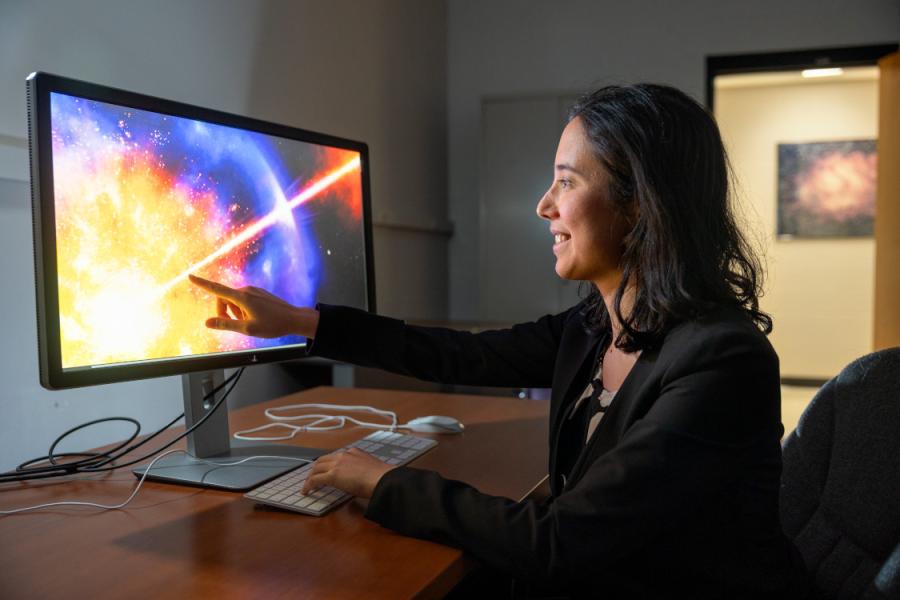
Astronomer Anna Ho named Cottrell Scholar
Ho is one of 24 early career scholars to receive $120,000 for proposals incorporating research and science education.
 Department Homepage
Department Homepage
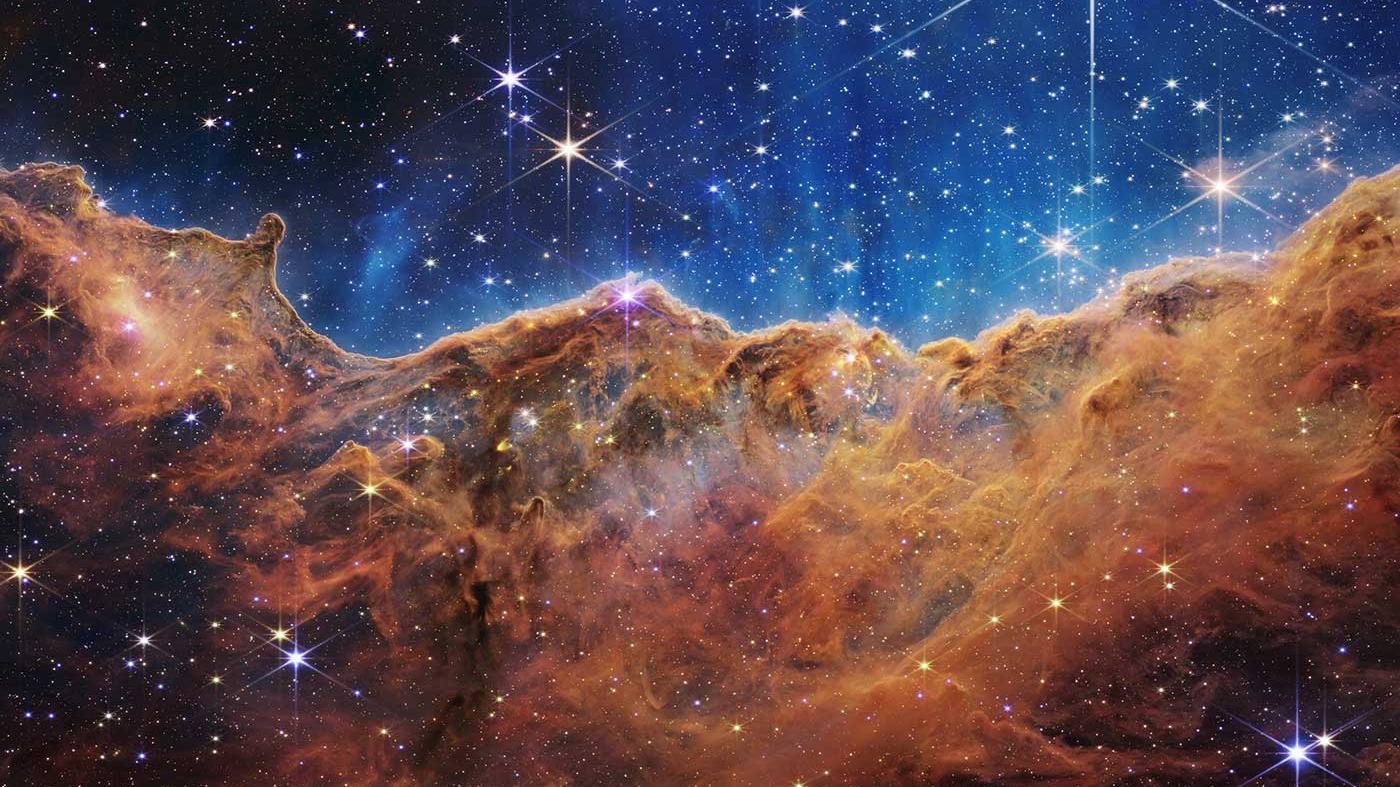

Ho is one of 24 early career scholars to receive $120,000 for proposals incorporating research and science education.
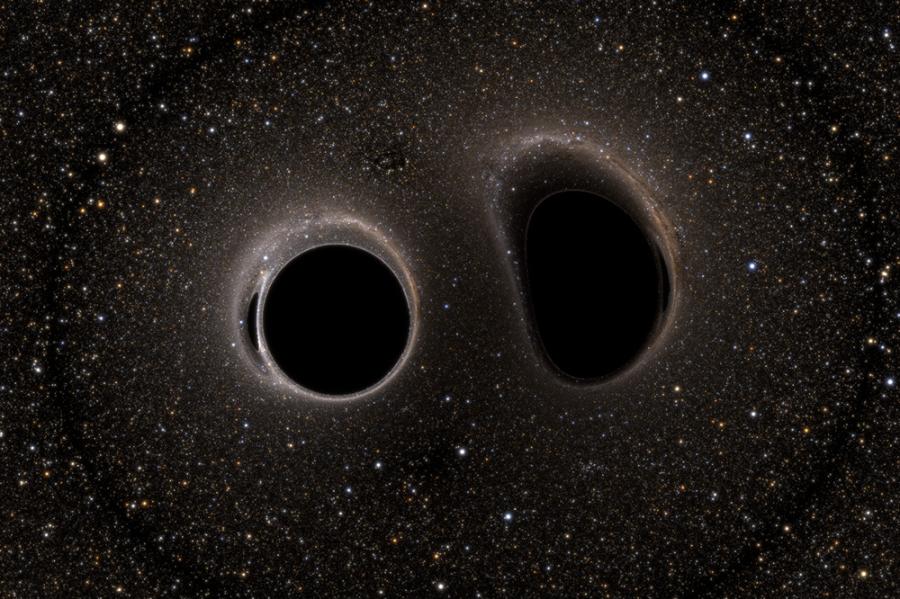
When two black holes merge, the collision rings like a bell, emitting specific tones characterized by two numbers.
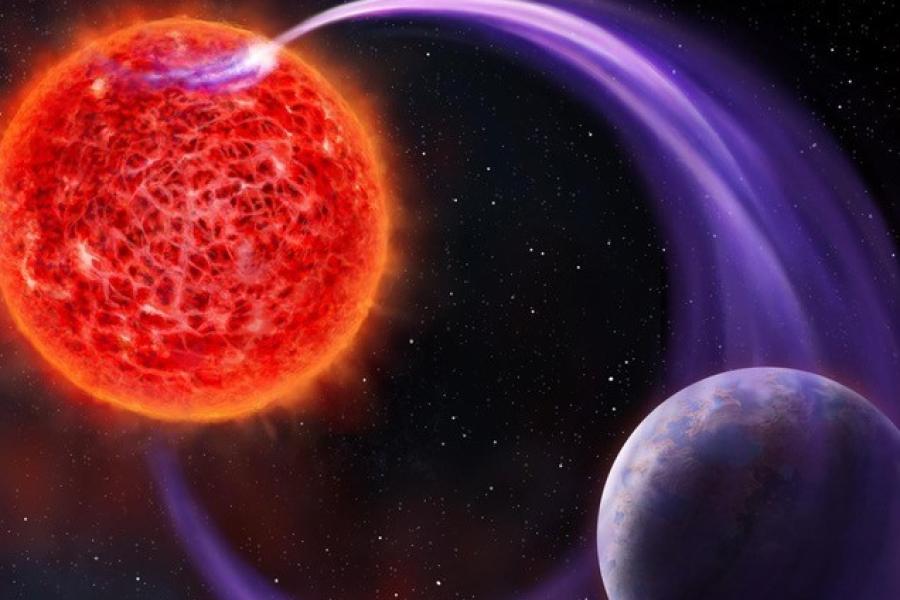
Thanks to this innovation, scientists have discovered new radio bursts originating from dwarf stars and possibly from exoplanets.
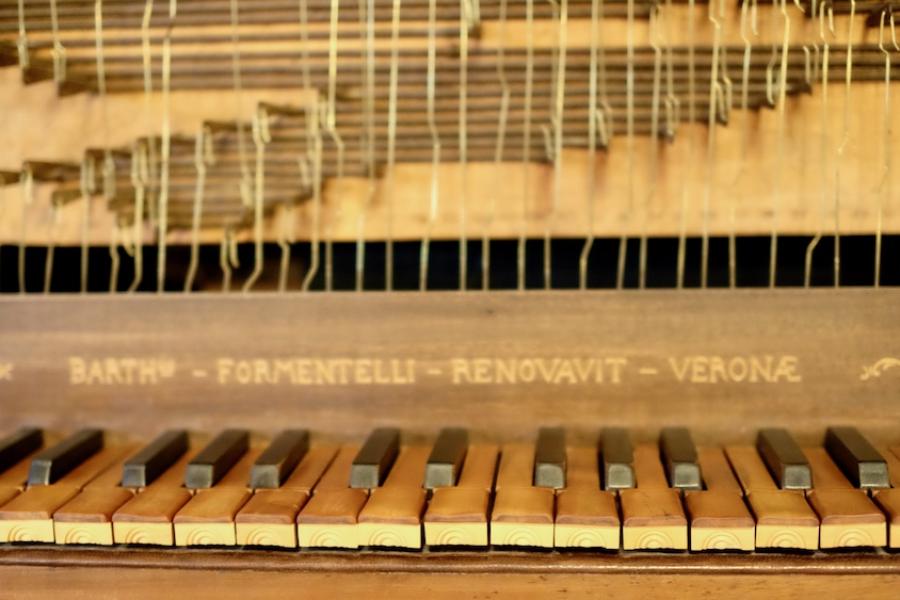
The next time you visit Ithaca, check out exhibits on Chimes history, astronomical instruments, historical keyboards and so much more
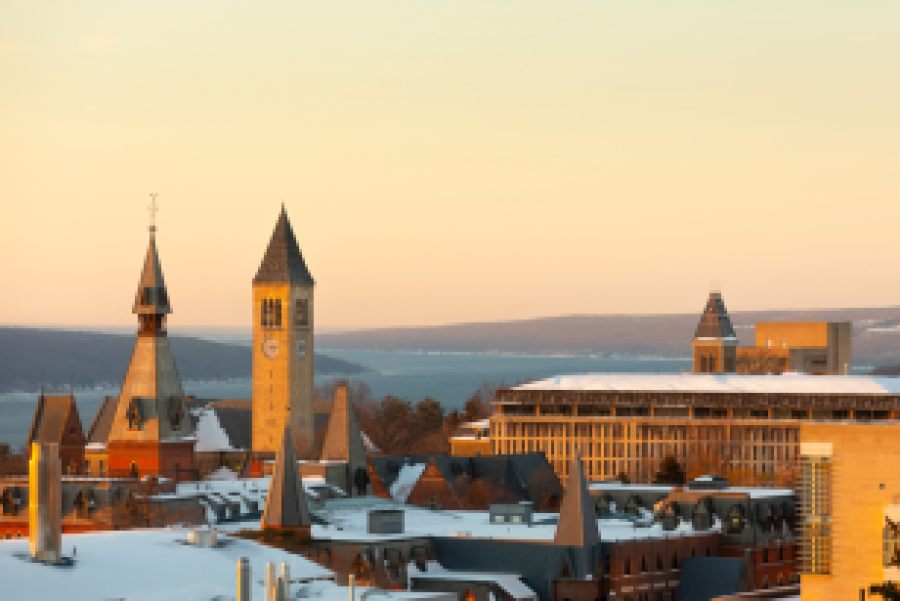
In 2026, the from the Gordon and Betty Moore Foundation will begin funding 10 two-year postdoctoral appointments including three in astronomy, chemistry and physics in the College of Arts and Sciences.
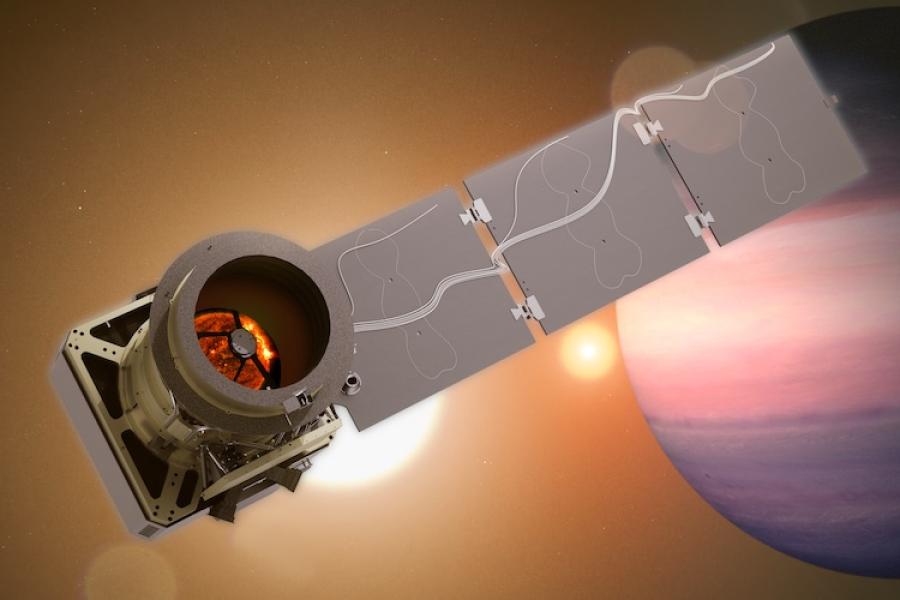
Tasked with studying exoplanet systems around small stars, the refrigerator-sized satellite is the first in NASA’s Astrophysics Pioneers program – small-scale missions designed to train early-career scientists, including Trevor Foote, Ph.D. ’24, a former member of the research group led by faculty member Nikole Lewis.

With the 2026 Newton Lacy Pierce Prize, the American Astronomical Society recognizes Anna Y. Q. Ho’s pioneering investigations of extreme explosions powered by stellar death.
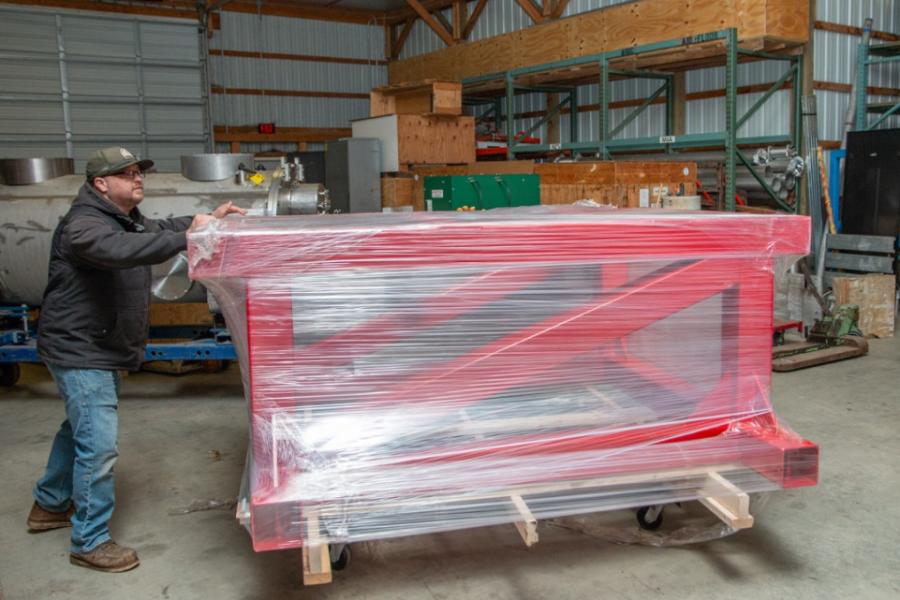
Behind a world-leading telescope bound for Chile is a team of engineers, machinists, electronics specialists and riggers at Cornell. Meet the specialized staff whose expertise is helping push cosmology to new frontiers.
Together the Department of Astronomy and Cornell Center for Astrophysics and Planetary Science represent one of the world’s leading institutes for space science with over 110 active researchers. Research emphases include cosmology, solar system exploration, exoplanet science, and fundamental astrophysics. Graduate students, early career researchers and undergraduates, are actively engaged in current NASA missions, NSF consortia, and CCAT-Prime/FYST. The department and center also run an extensive and robust outreach program to the broader community.
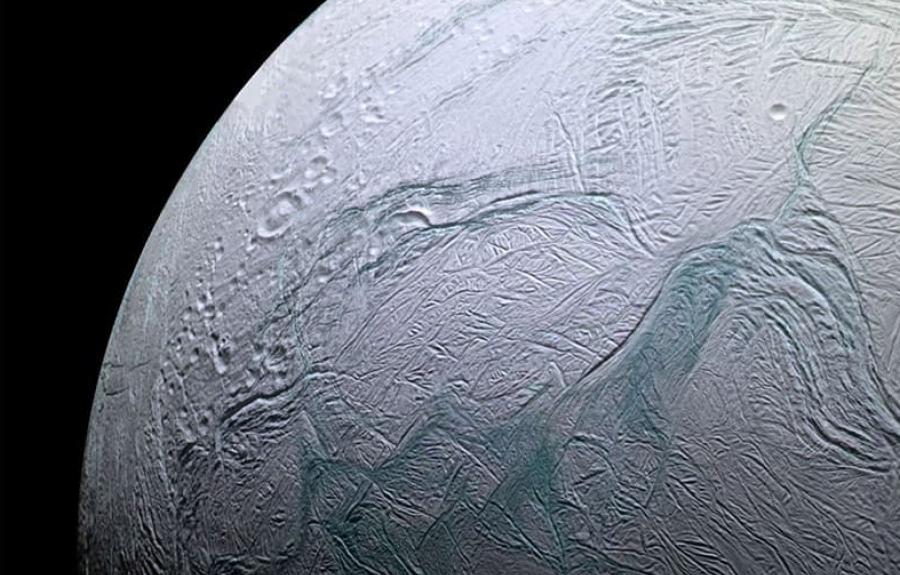
The Department of Astronomy is a leading center of astrophysics and planetary science research.
Visit CCAPS, the Cornell Center for Astrophysics and Planetary Science
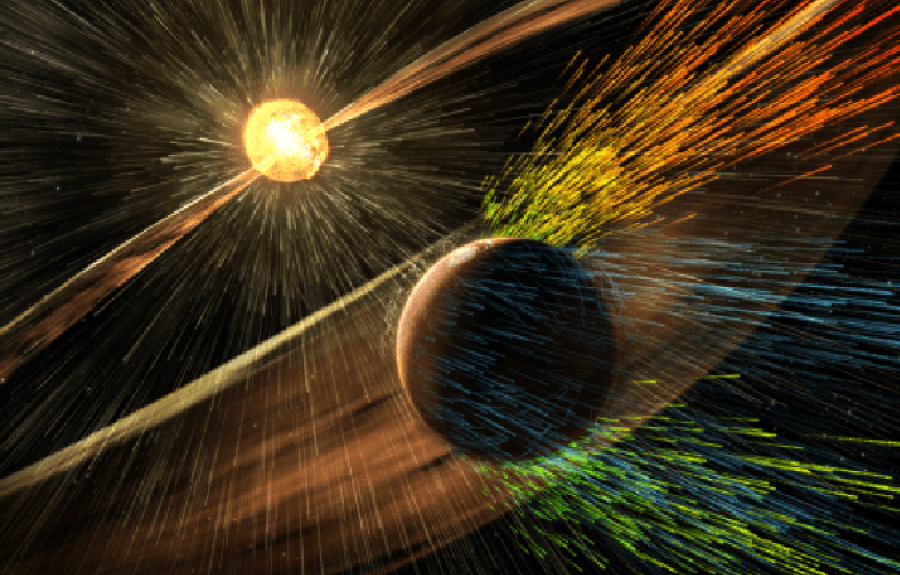
Universe Today reports "New research titled “Metal pollution in Sun-like stars from destruction of ultra-short-period planets” suggests that rocky planets are the source of these discrepancies. The authors are Christopher E. O’Connor and Dong Lai from Northwestern University and Cornell University, respectively." Read the full story here.
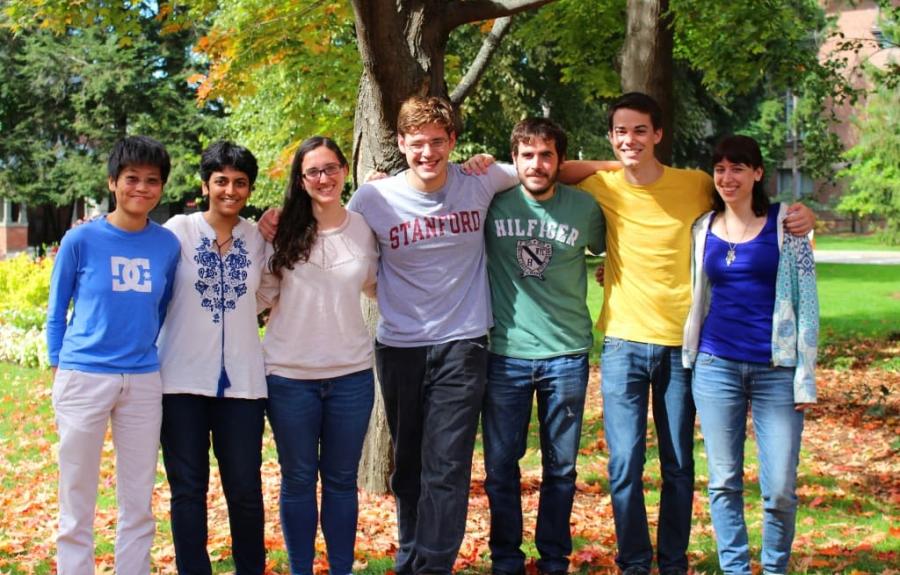
The Astronomy Major at Cornell University is designed to be flexible so that it can be customized to the needs of each student.
Learn about the undergraduate program
Astronomy offers a wide variety of world-class research opportunities in astronomy, astrophysics and space science, with strong multidisciplinary connections, and a friendly and supportive atmosphere.
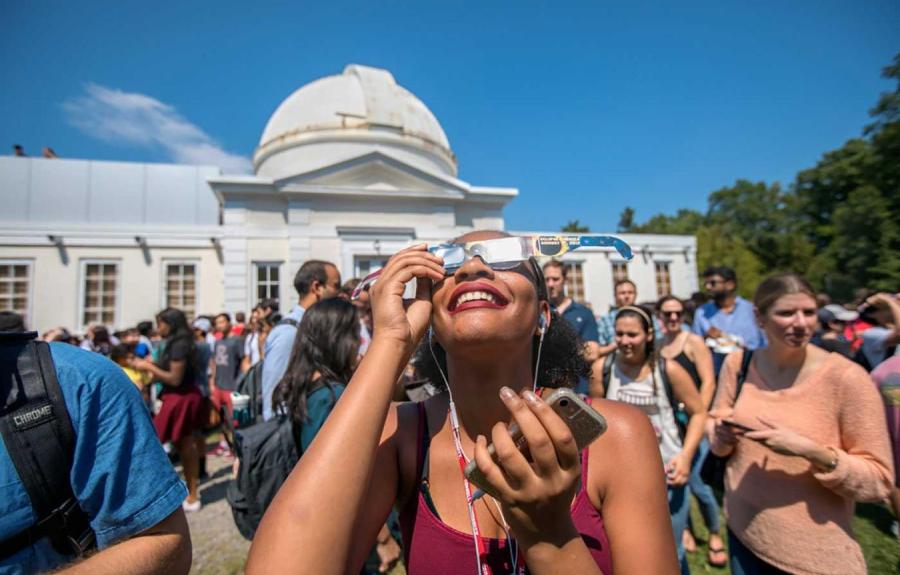
In the spirit of the renowned Cornell Professor Carl Sagan, the Department of Astronomy reaches beyond campus in numerous ways. The Spacecraft Planetary Image Facility (SPIF) is a repository of spacecraft data, a facilitator of research, and a hub for PreK-12 education and public outreach activities. Ask an Astronomer has been answering questions from the curious since 1997. The Cornell Astronomical Society conducts viewing nights at the Fuertes Observatory and offers educational programing to the public.